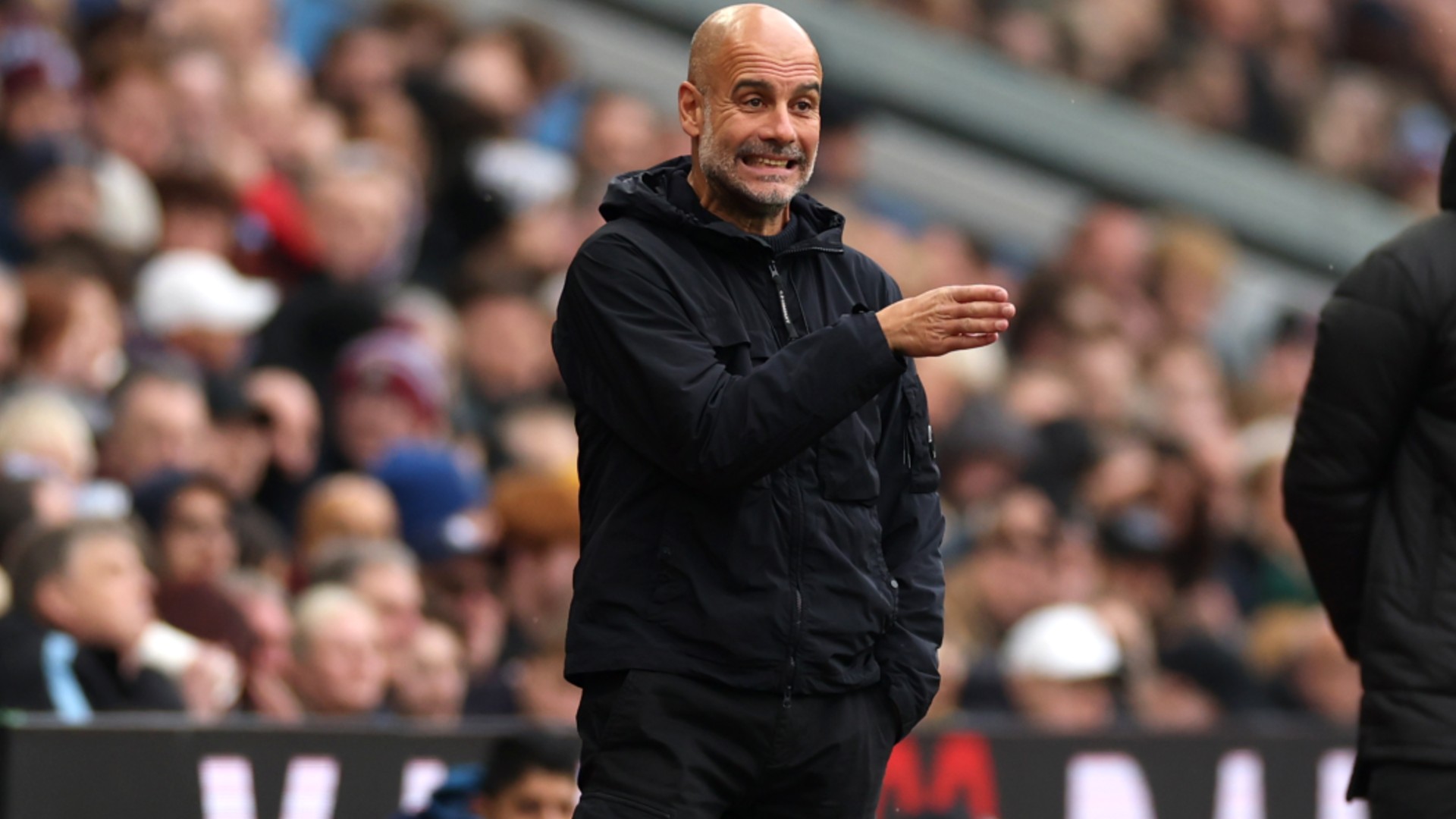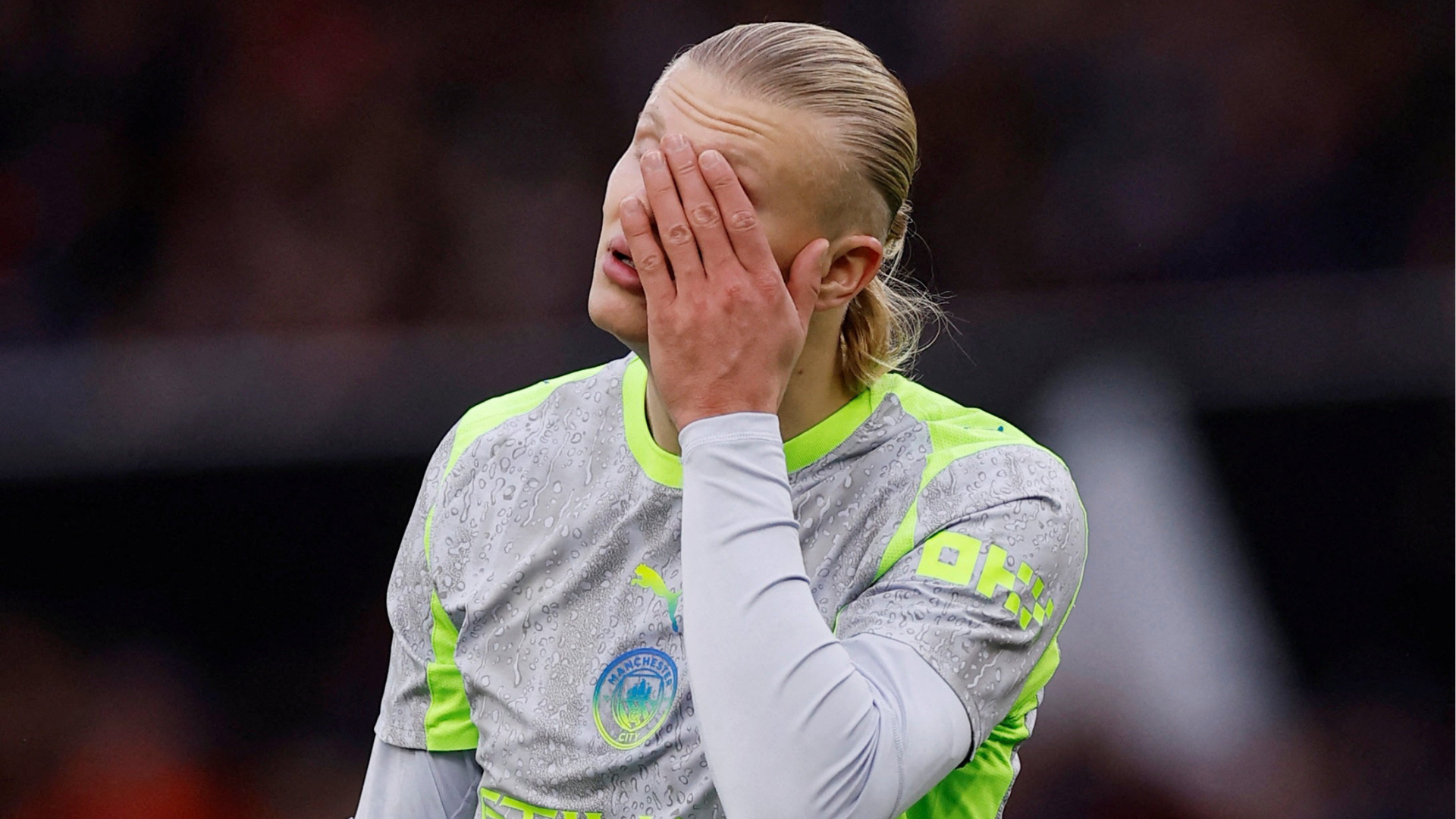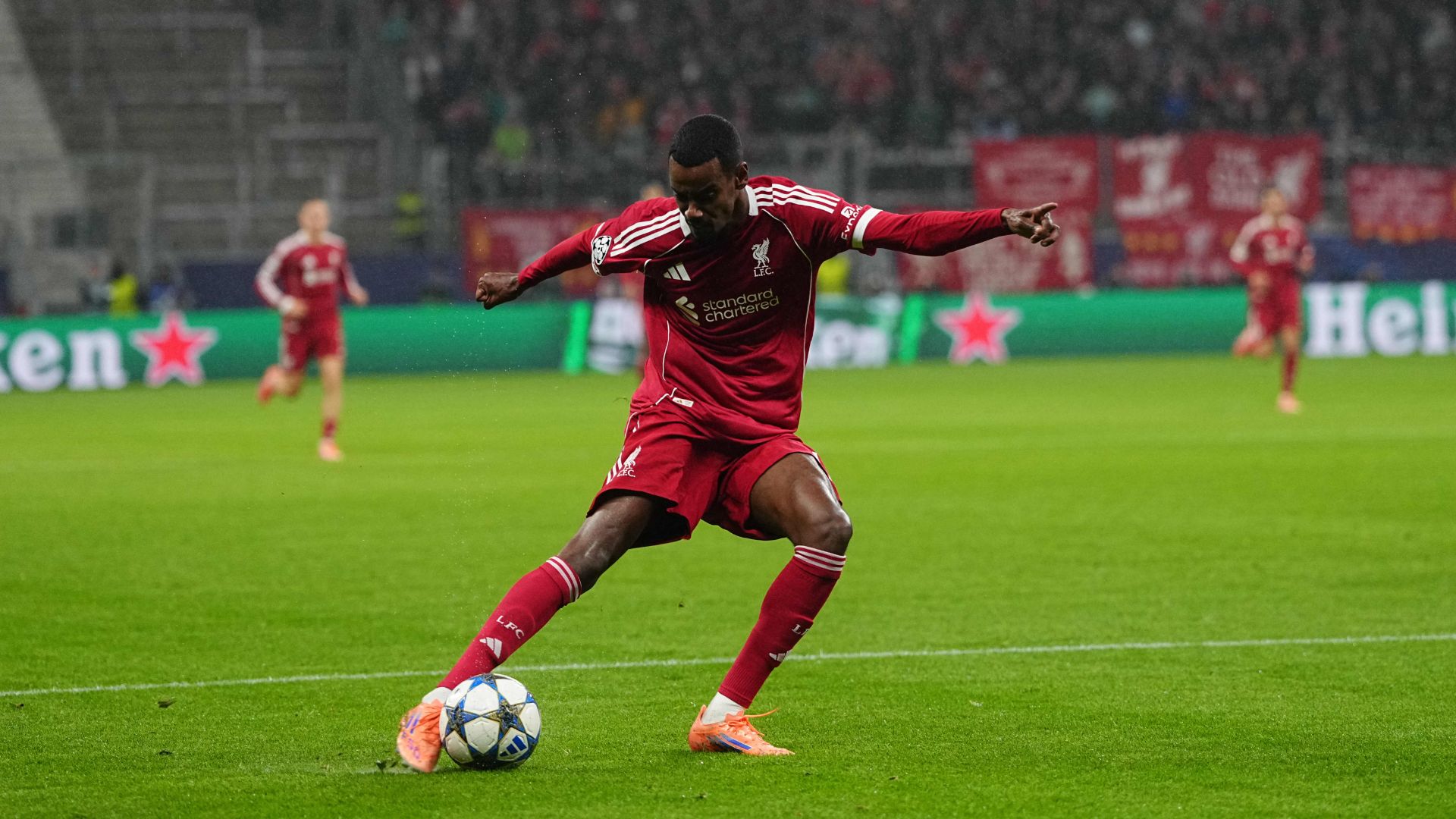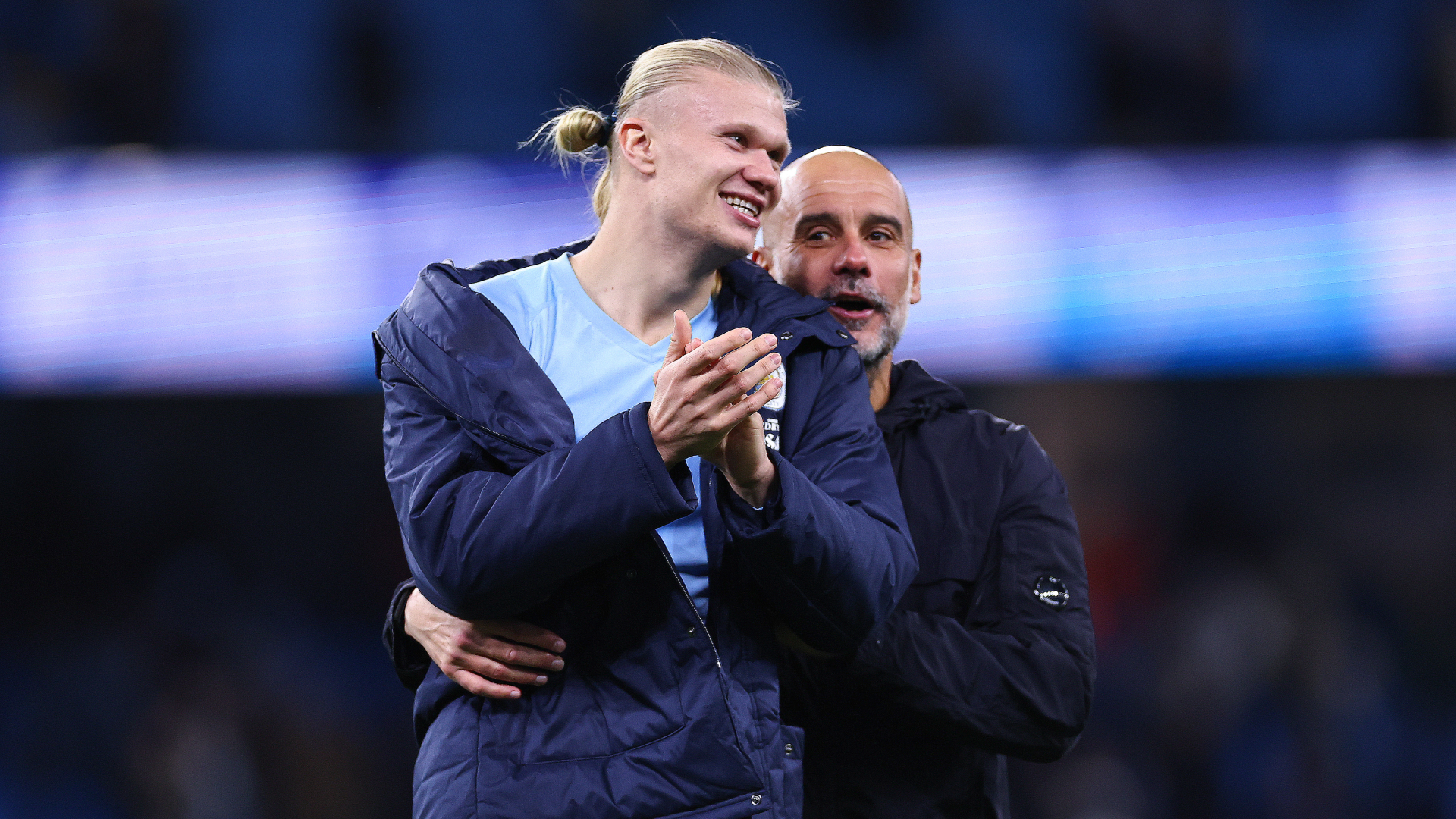Manchester City Face New Issue that Could hit Guardiola's Team
A British Labour politician has introduced a proposed law that seeks to modify the reform of English football by banning state-owned clubs in the Premier League. This measure would force clubs such as Manchester City and Newcastle United to change owners.
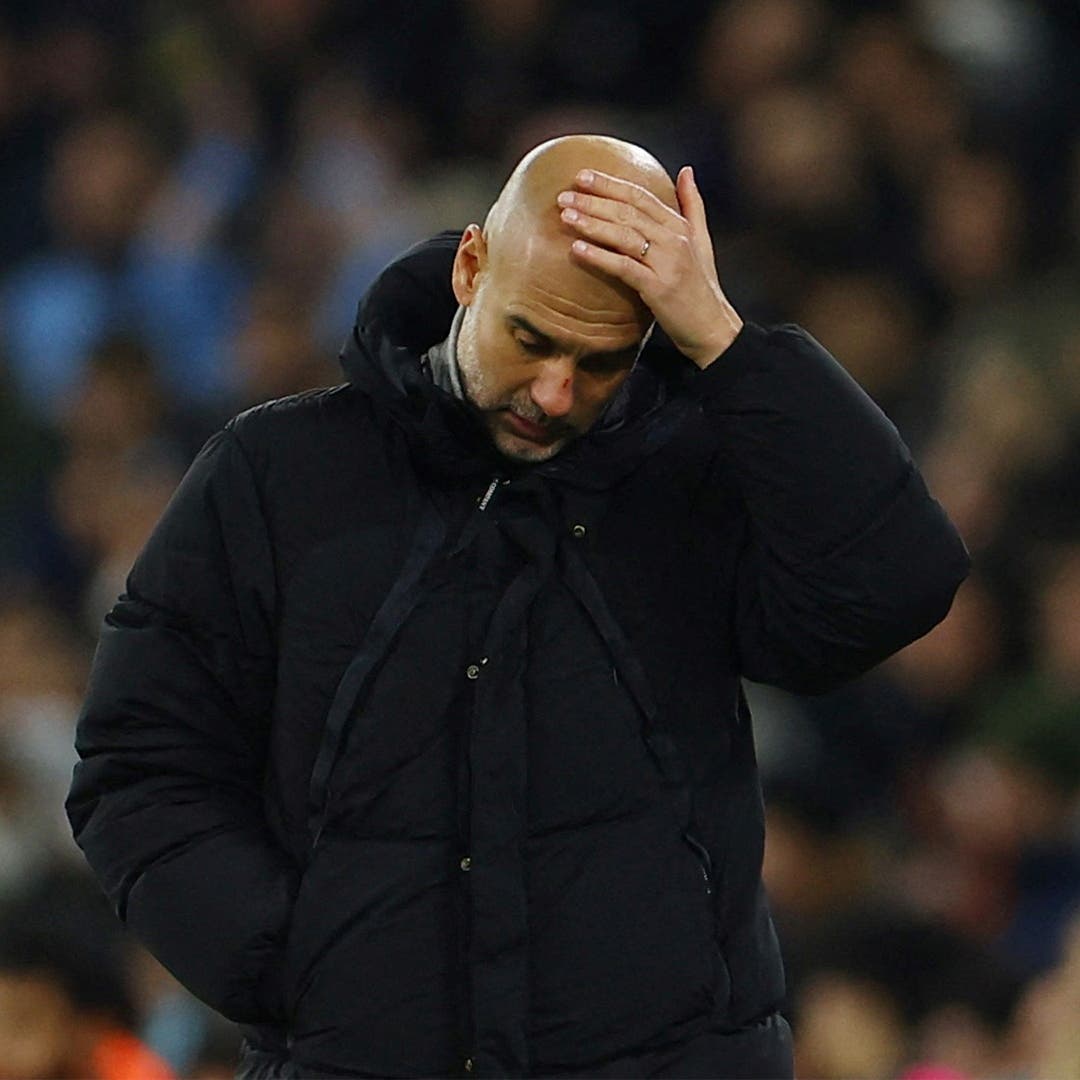
Manchester City, currently owned by the United Arab Emirates, and Newcastle United, under the control of the Saudi Arabian Public Investment Fund (PIF), would be required to sell their stakes if the law is passed. This proposal aims to end the involvement of "state-owned clubs" in the Premier League, a move that some perceive as a threat to competition and the integrity of British football.
English Football Reform: The Proposed Law and Its Implications

The bill was presented by Lord Bassam, a Labour Party member, who argued that "no state-owned club should receive an operating license" in English football. According to his proposal, all affected clubs would need to comply with the reforms outlined in the new law.
However, the chances of this proposal moving forward are low. For the reform to become law, it would need support from the majority of Members of Parliament in the House of Lords, as well as approval from the British government. According to The Times, while some Premier League clubs have supported the measure, legal and political obstacles could prevent its implementation.
The Impact on Manchester City and Newcastle United
Manchester City, acquired by the United Arab Emirates in 2008, has undergone a dramatic transformation. Since its purchase, the 'Sky Blues' have won eight Premier League titles, one Champions League, and numerous other trophies. The team has become one of the most successful and valuable clubs in the world, making the proposed law a sensitive issue for its owners.
Meanwhile, Newcastle United, owned by Saudi Arabia's Public Investment Fund (PIF) since 2021, has experienced a remarkable resurgence. After years of fighting relegation, the 'Magpies' qualified for the Champions League in 2023 and reached the League Cup final in the same year.
English Football Reform: Independent Regulator and New Rules
The English football reform, which is already in the process of being approved by the British Parliament, was driven by the events surrounding the European Super League in 2021, which sparked widespread backlash among fans and the media. One of the key elements of the reform is the creation of an independent regulator whose role will be to oversee the financials of clubs and ensure owners meet the requirements to participate in national and international competitions.
Among the most notable proposals in this reform is the issuance of licenses to clubs, a system that could exclude state-owned clubs, such as Manchester City and Newcastle, from obtaining the license. If this proposal becomes law, these clubs would not be able to compete in the Premier League or European competitions, which could have significant consequences for their future.
Political and Economic Impact of the Proposal
Introducing such a significant piece of legislation could lead to diplomatic and commercial tensions, as relations between the UK, the United Arab Emirates, and Saudi Arabia could be affected. Moreover, some sectors of British football argue that this reform could interfere with commercial policies and market freedoms.
In conclusion, while the likelihood of Labour’s proposed reform passing is low, the debate surrounding state ownership of clubs in the Premier League remains unresolved. This discussion continues to be a key issue in British sports politics and could fundamentally change the landscape of English football in the future.
















